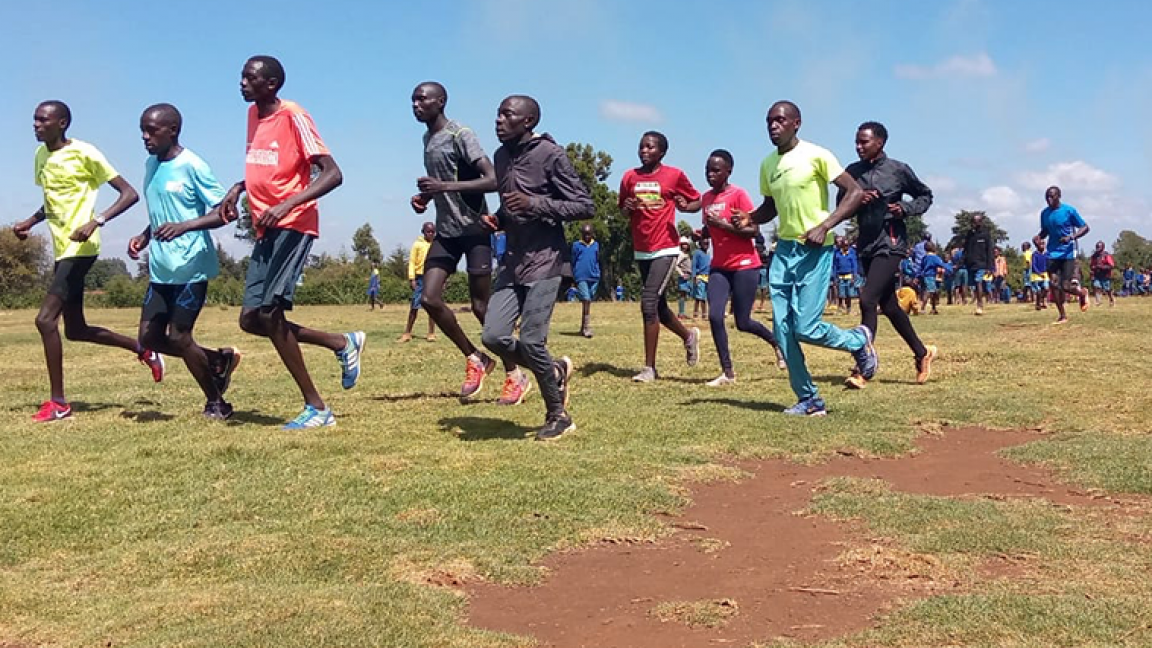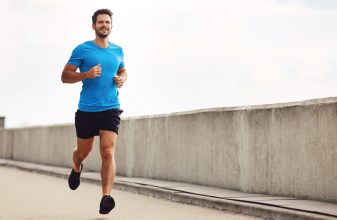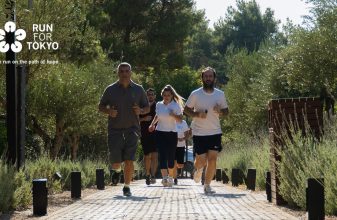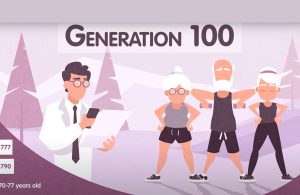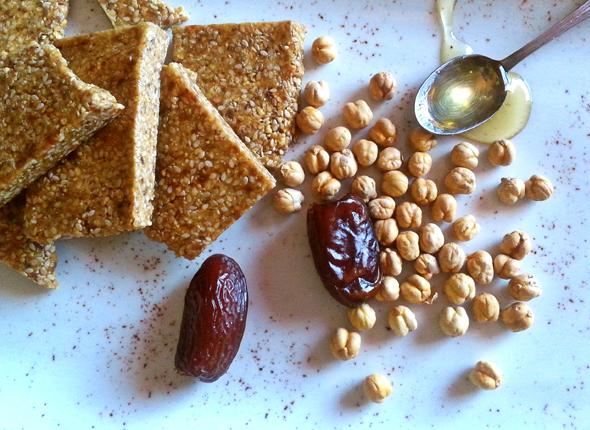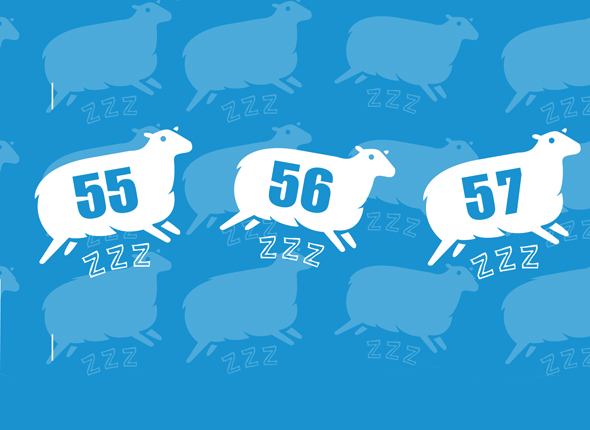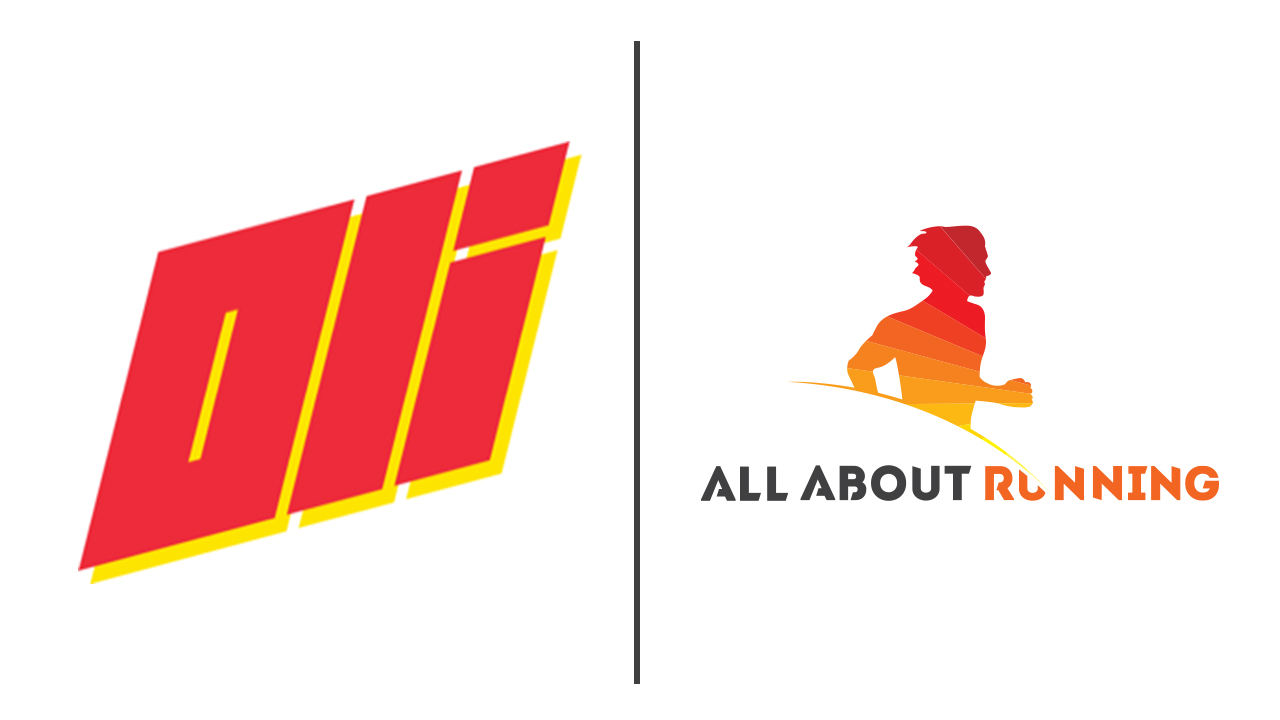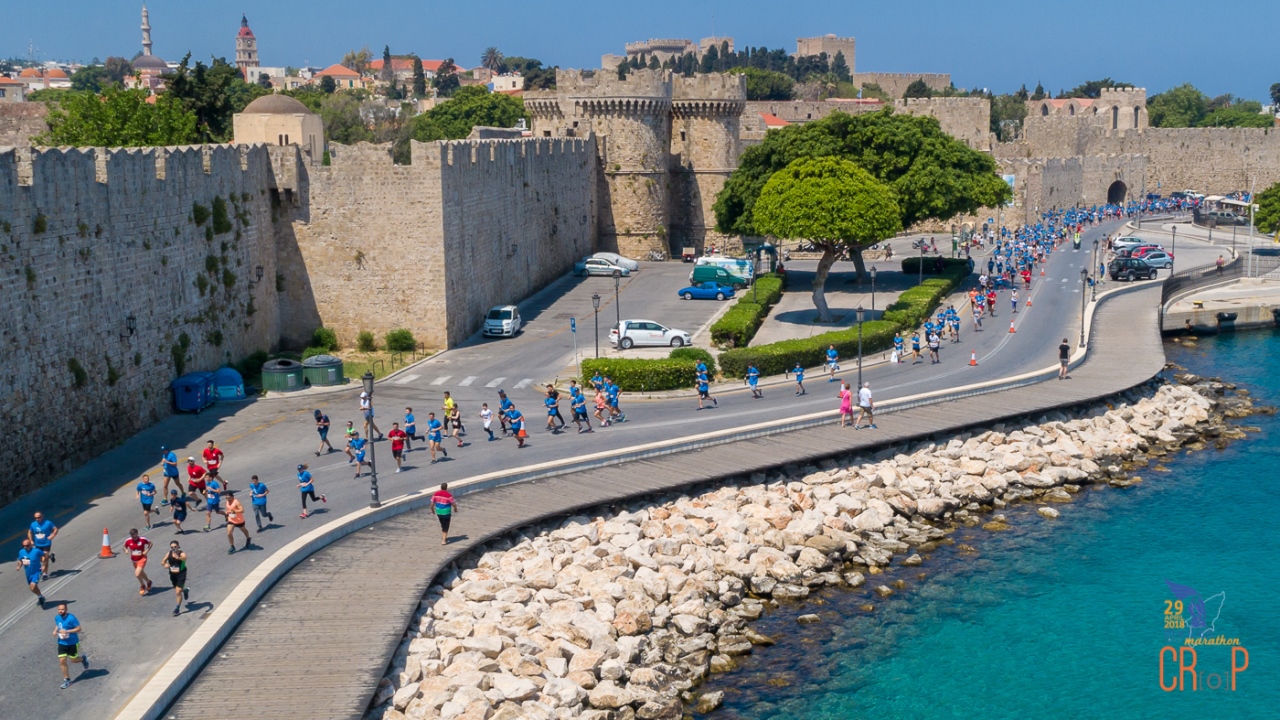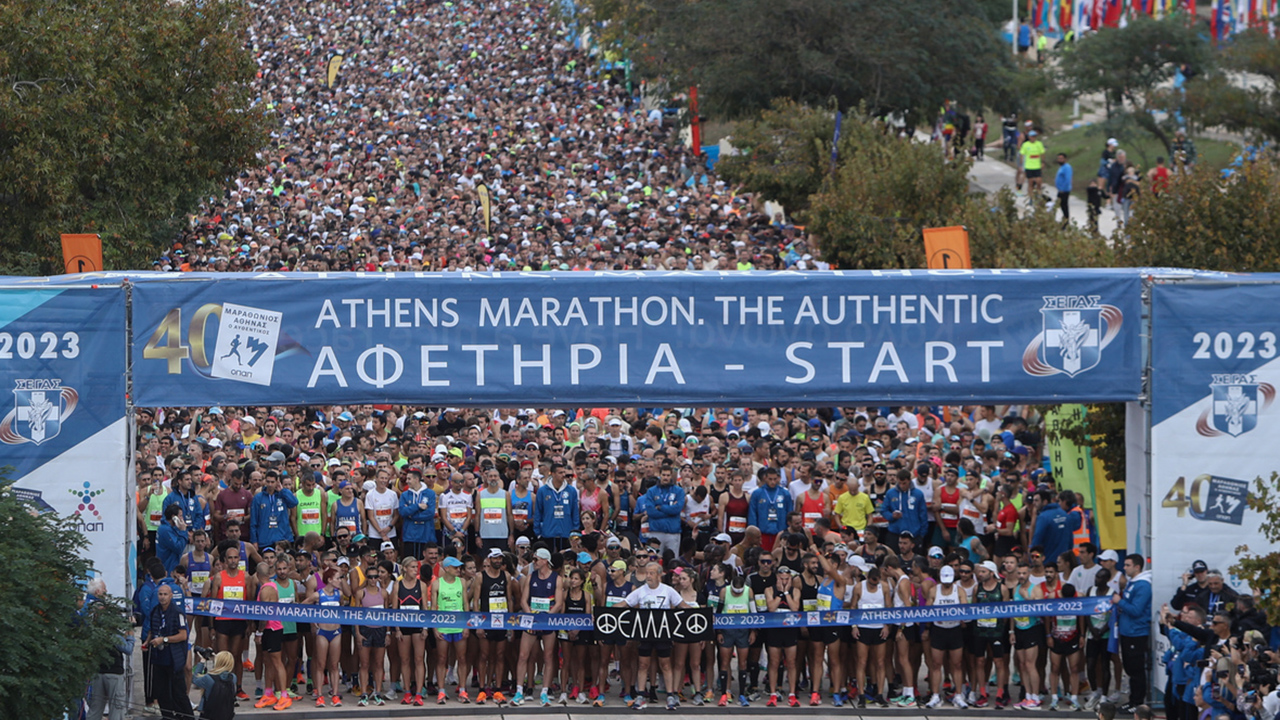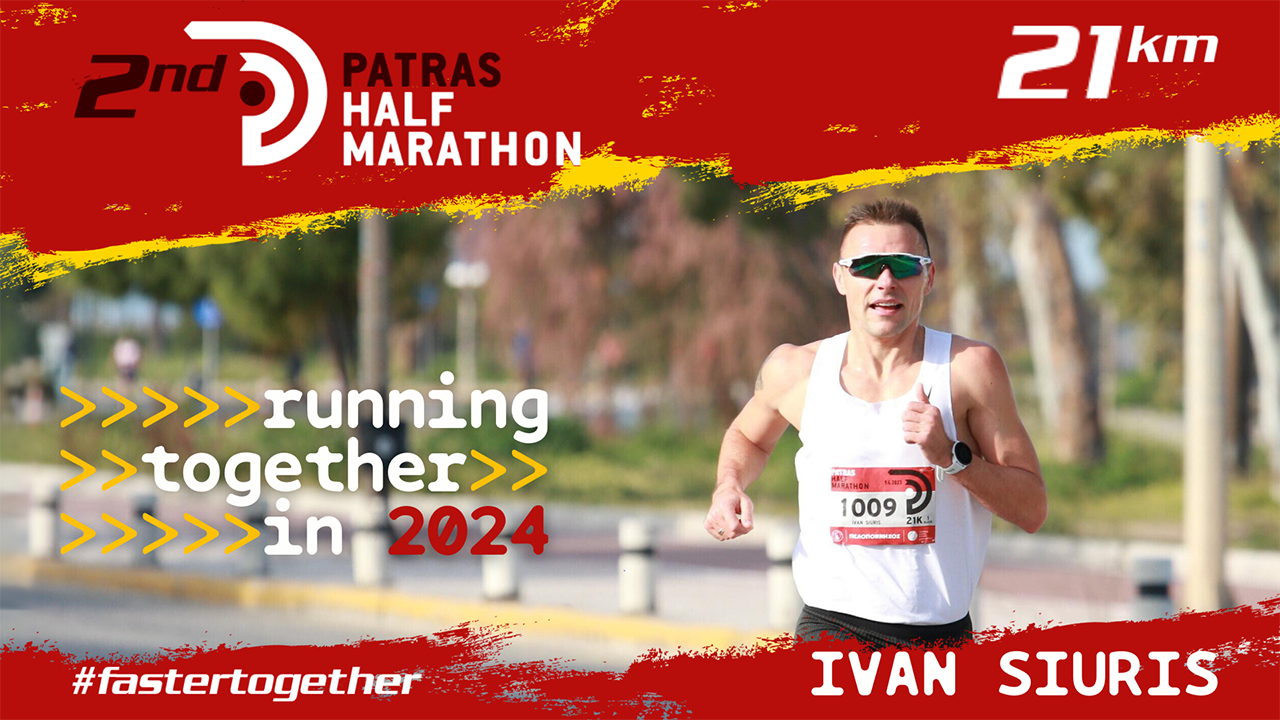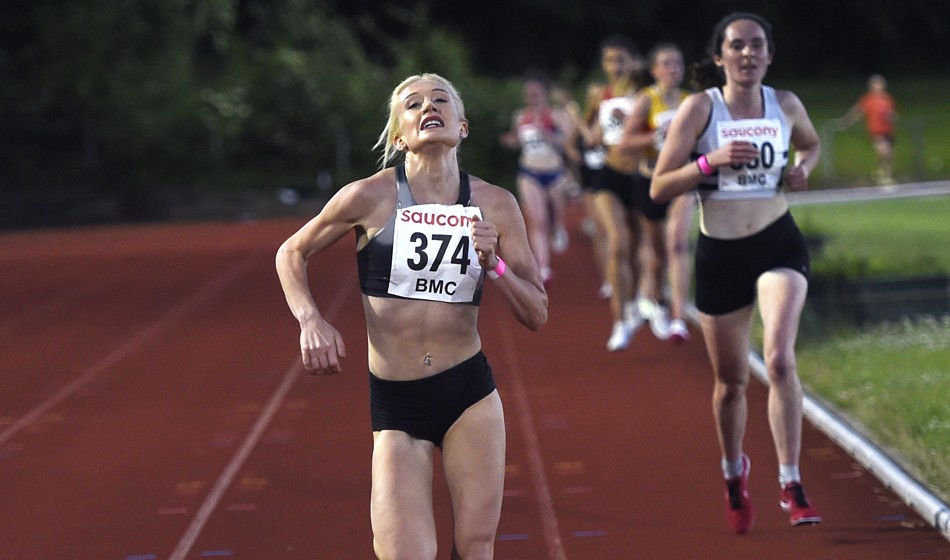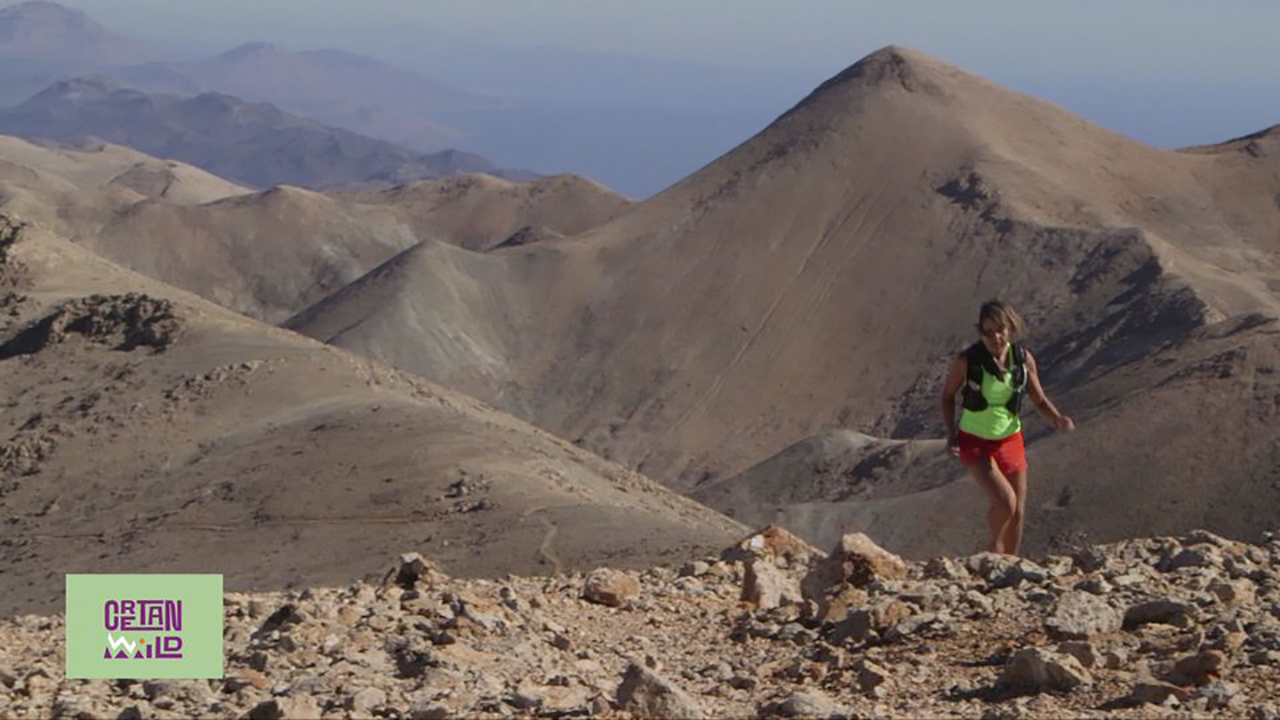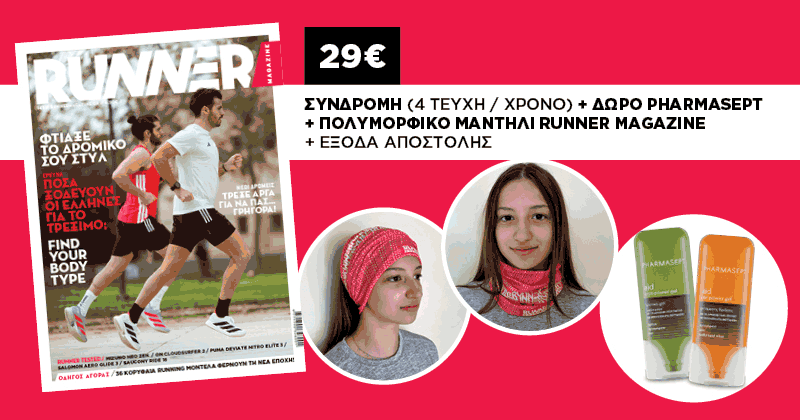Sebastian Uridat is one of the founders of the company Vitafit Running, which is providing management services at elite athletes all over the world. The German, who is traveling between of three countries (Kenya, Mexico, Brazil) in order to be in contact with his athletes, is the proper man to inform us about the manner who are facing all these athletes the pandemic, the effects that it has on the daily lives of them, guessing the future of Olympics and, finally, prefer the Kenyan way. Let’s learn more:
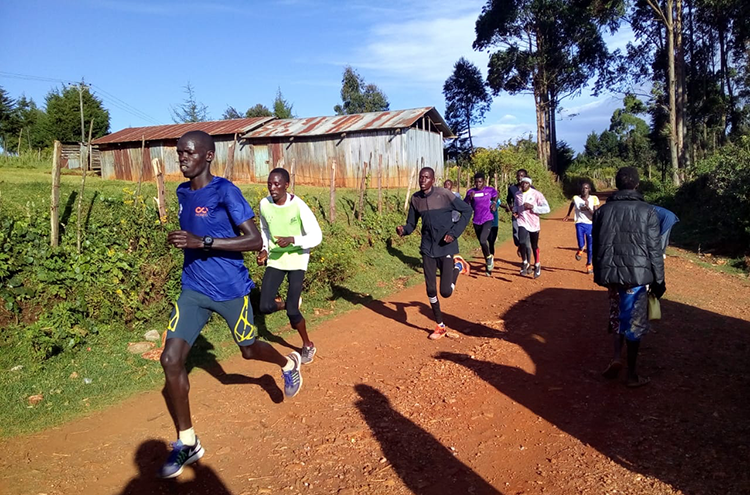
You are the manager of many athletes around the world. How many are they and who are the best of them?
We have almost 30 athletes from 10 countries in this year 2021. The best ones are 2:08 marathoner man and 2:26 Marathoner Ladies. By latest level our guys with Olympic qualification are the best. Joel Pacheco with 2:09 and Jesús Esparza also qualified. Both of Mexico. Also we have a Lady Dani Torres with 70 in the half who will soon give her marathon debut.
How their racing and training plans have been affected?
In last year a lot. We had just around 8 races over the whole year and because of travel restrictions and/or no budget in the races just a small group of our athletes could compete. The African athletes had almost no race at all over the year. The races which took part were mostly for Time on fast coursed but without prize money.
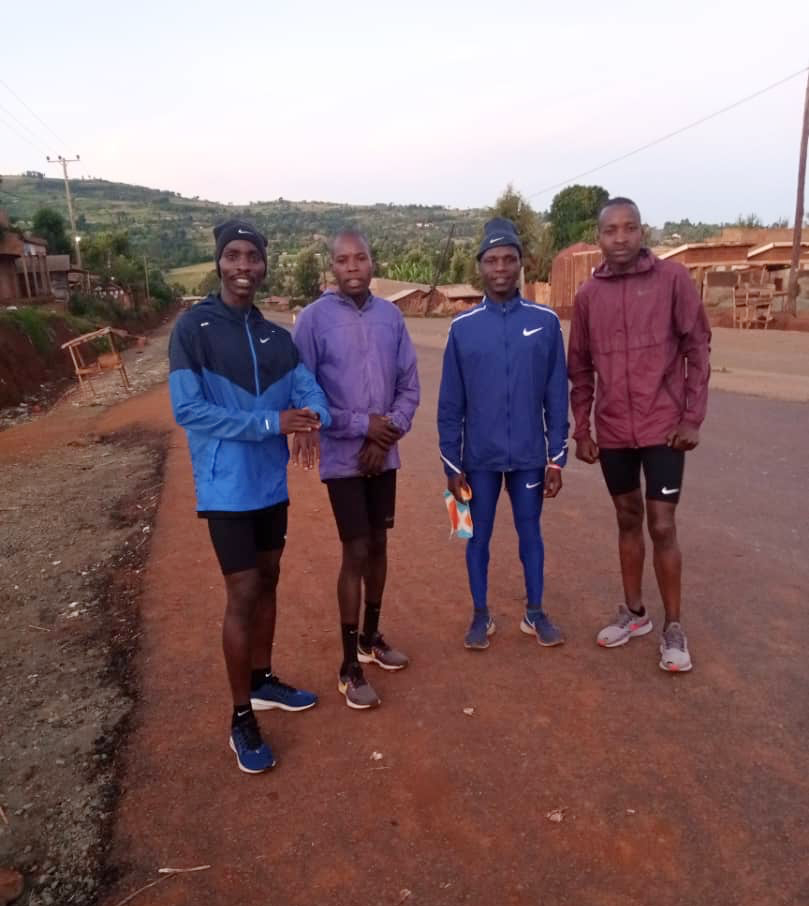
Who is the trainer of your athletes? Can you describe a training week of a marathon runner?
Some athletes training with our coach Peter Bii from Kenya. Not just Kenyan, also Ugandan and Moroccan athletes receive plans from him or are at Iten, Kenya to train with the group. Our Mexican athletes mostly also train concentrated with one coach and live all very close-by in two or three streets. There is a high number of performance athletes in those area and they have like a small “Kenya” there.
The other athletes are differently organized and have the freedom in their training to choose where, with which group and with which coach they want to train. A typical marathon trainings week always include one long-run of 30-36k, mostly on Saturday or Sunday, one speedwork on track and another intense workout like fartlek or hillwork. The rest is mostly mileage and easy runs.
Are there any of them aiming to run the Olympics? What do you think about that? Do you believe that they will be held next July? And how fair is this for all runners that may compete?
Besides our three guys with Olympic coalification, we have around 8-10 more who have chances and are already close to the limits. For them all we try to find a spring marathon to still run the requested time. All professional sports were coming back over the last year and running (because of the number of participants) is one of the last sports which restarted. But with the idea of Elite-only races and the world half marathon championships World Athletics showed that also this sports is possible.
Now since all sports worldwide participate again there is no reason not to do Olympics and we are positive. Also the fact that Japan would burn millions of money with every further year they postponed, we think that Olympics to 95% will take part.
If it is fair is another question. If in this spring there is a lack of competitions for those athletes who still want to qualify maybe it is not totally fair. On the other hand athletes who have been 1-2 years ago still been far from the Olympic standards now seeing the new date even as a chance. We also have athletes who two years ago have not even been running on the route but now seeing the chance to try a marathon as they have won a year more of time.
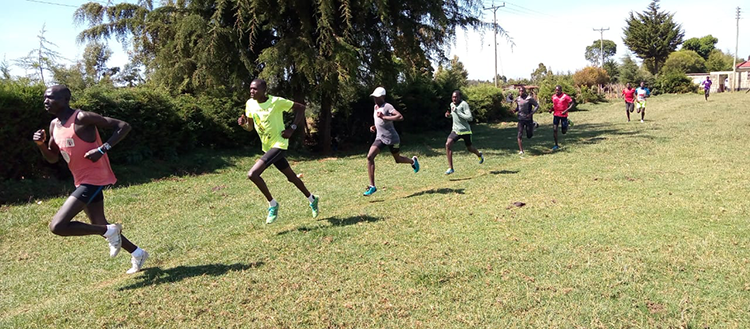
What are the differences between the athletes that are training in Africa, and those in Europe or America? Give us some examples.
Differences are not as big as people might suppose. The basic marathon plan as mentioned above with longruns, fartlek, speedworks is very similar. Sometimes our athletes in the Americas and Europe have more opportunities for alternative training like access to pools, gyms, biking or skating routes. But also our Coach Peter Bii in Kenya is very open to modern training forms and connects the traditional Kenyan way well with ideas and influences from other countries as he also lived and studied in France and is generally always informing hisself about latest trends.
You are living in Kenya at the moment. There are hundreds of runners preparing without a certain racing plan. What they think about that, what is the atmosphere among them?
The Kenyan athletes stayed surprisingly calm over the last year. Nobody tried to blame anybody for the situation. The Kenyan mentality is more like “live has ever been hard and there are just some brighter years than others”. Seeing every year which goes well as a bonus helps the athletes now a lot not to struggle too much and find a way of stay motivated. The training is mostly going on with an intense of 70-80% that athletes could be in shape within a few weeks adding the missing parts when a race really comes up and is confirmed.
What about the origin and demographics of Kenyan runners? Do they still come from the same tribes and families of the county?
The traditional tribe of running are the Kalenjin and the subcategory Nandis. Even many of the Ugandan runners are from the same tribe. However more and more Kenyans from other tribes started to run over the last years and moving to the famous running hotspots in the country to start their training there.
Do you prefer Kenya than staying in Germany?
At the moment I am switching a little bit between Kenya, Mexico and Brasil. Due to restrictions at the moment everything is better than Germany besides the fact that I can use the time to be close to our athletes.
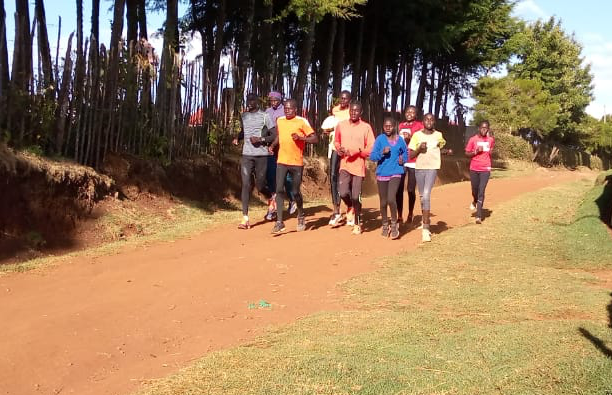
How is the situation in Kenya during the pandemic?
The situation is quite relaxed. Kenya is taking the hygienic measures serious in public places, malls, restaurants, train stations, airports, museums and similar. Personally I have never seen in Europe that somewhere at an entry temperature of all customers was taken and every customer had to wash his hands before entering. In Mexico it is the same. Instead European countries prefer to lame down the whole businesses for weeks, even month. Nobody knows what is the solution, but on my opinion live most go on and I definitely prefer the Kenyan way.
How difficult is to preserve the health of elite athletes this period? What do you do to ensure this?
The health topic is not on our main agenda at the moment. When it comes to events we respect all hygienic standards and tell also our athletes about. In daily life and training everyone is responsible for his own. Besides I can tell that the fear of the virus is not a big topic among our athletes. They are not a high-risk group and also regarding to the Kenyan mentality a Covid Infection seems to be the smallest problem. The theme is: If I will not get Corona I will get another illness.
Which way they manage to keep their competitive interest because of lack of races?
There are some examples of athletes who stopped training and were looking for other jobs, but those are few. For the ones with Olympic perspectives no additional motivation is needed. For the one aiming for some prize moneys later this year on when everything restarts we came together to the conclusion that winning something might be easier than before if they go on with serious training while others don´t do. It is like in a time of an injury when you keep yourself motivated with the idea of coming back even stronger than before. Also if many races postpone now for autumn 2021 we will have an over-offer of races in those month. That means that the competition in every event might be less and it can be possible to recover some money of the lost year 2020 for the athletes. All those fact motivate the athletes.
How much has your work been affected? Do you forced to take unwilling decisions?
Of course it has been affected a lot as 2020 was a ”zero year”. Even for the few races we had we even paid on top or from private side. As the typical management business model on provision base and with contracted athletes but no employees in a normal way is almost not known in Germany our company got no official helps or compensations from government side like some other businesses.
What is your main priority at professional field?
Our main priority is the long-term career of our athletes. We want that they can participate on a high-level for several years. For our management it would be great if we would be frequently present in future with a proper number of athletes at every years world half marathon/cross country championships and with a few athletes in every world championships and Olympics in the marathon event.
Can you guess the future for races and sport events in a year from now? Do you think that we return soon in a normal rhythm?
As we are in an worldwide economic crises also races and sponsors might cut budgets. But we hope that it will be just be a short-term reaction and that Elite Field-Budgets will not be the first point where they reduce. Middle-term I set big hopes that running was experience a big boom during the pandemic and so many people started with jogging. All those ones might be the next generation of hobby runners who also will have interest to participate in 5k or 10k race and let our sports alive. Even here counts the same like for the athletes in their latest training: Every crises is also a chance to come back even stronger.


